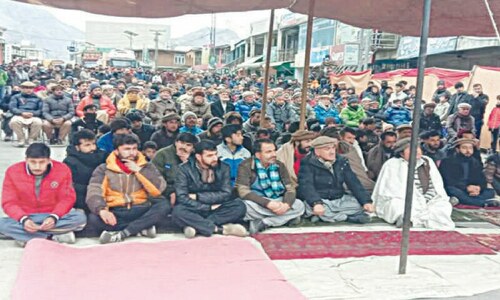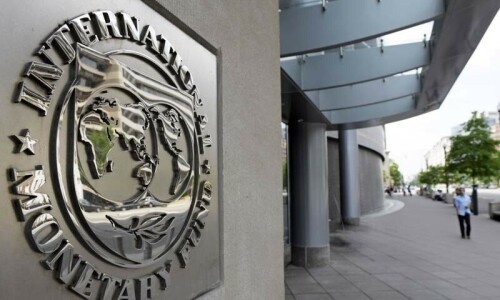RAWALPINDISLAMABAD: The three government-run hospitals in Rawalpindi are still treating more than 245 dengue patients, but in Islamabad the situation is much better as only 18 patients are under treatment at Pakistan Institute of Medical Sciences (Pims).
In Rawalpindi, 90 confirmed dengue patients were admitted to Holy Family Hospital, 117 to Benazir Bhutto Hospital and 28 to District Headquarters (DHQ) Hospital on Monday. Among them seven patients were in a critical condition while serology reports of 67 suspected patients were still awaited.
Chief Secretary Khizar Hayat Gondal will preside over a meeting on dengue at the commissioner office on Tuesday.
As per Rawalpindi Medical College (RMC) report to the health department, during the last two months more than 1,463 dengue patients were treated at the three hospitals - 662 at the HFH, 623 at BBH and 178 at the DHQ) hospital. Four patients - three at HFH and one at BBH - died of the disease.
The administrations of the three hospitals have made arrangements to accommodate more patients, said an official of the health department.
Meanwhile, adviser to the Punjab chief minister on health Khawja Salman Rafique at a meeting on Monday asked the local administration to establish a helpline for the residents where they can register their complaints against anti-dengue teams ignoring their areas.
In Islamabad, as many as 250 dengue patients have been treated to Pims during the last two months.
Pims’ media coordinator Dr Waseem Khawaja told Dawn that as many as 10 patients were discharged whereas 18 patients were still under treatment in the hospital.
“We have made elaborate arrangements for dengue patients at the hospital and established an isolation ward which can accommodate 100 patients in case of an outbreak,” he said.
“Patients with dengue symptoms mainly visit the emergency wards or the outpatient departments,” he said.
Dr Waseem said the hospital had platelets segregation machines as some patients needed transfusion of platelets. “Staff is prepared to meet an emergency in case of dengue outbreak. However, the situation in Islamabad is not critical.”
Commenting on the treatment of the dengue patients, he said: “Platelets are needed when a patient’s blood does not have the normal clotting ability.”
He said if timely treatment was not provided, the disease may turn into a life-threatening dengue hemorrhagic fever.
“Fever might lead to bleeding, low levels of platelets and blood plasma leakage, or to dengue shock syndrome – a dangerously low blood pressure,” he said.
Dr Waseem said the National Institute of Health also assisted in early diagnosis of the disease.
Published in Dawn, October 13th, 2015
On a mobile phone? Get the Dawn Mobile App: Apple Store | Google Play










































Dear visitor, the comments section is undergoing an overhaul and will return soon.